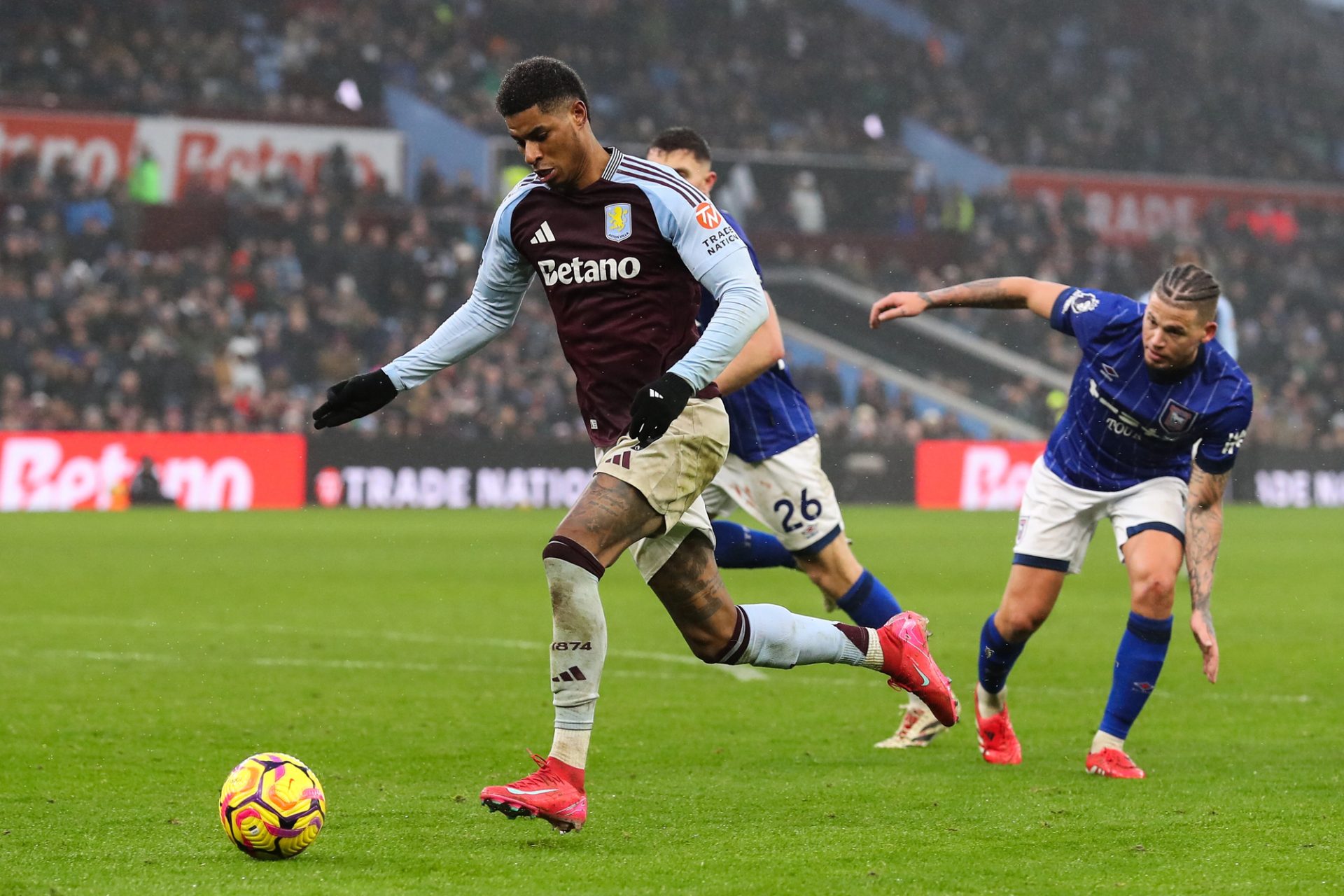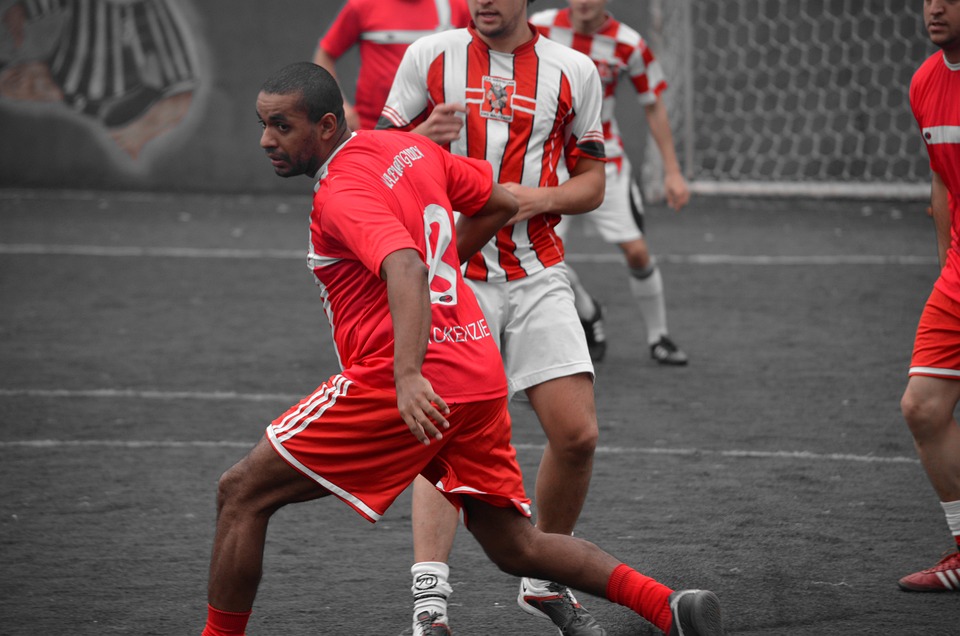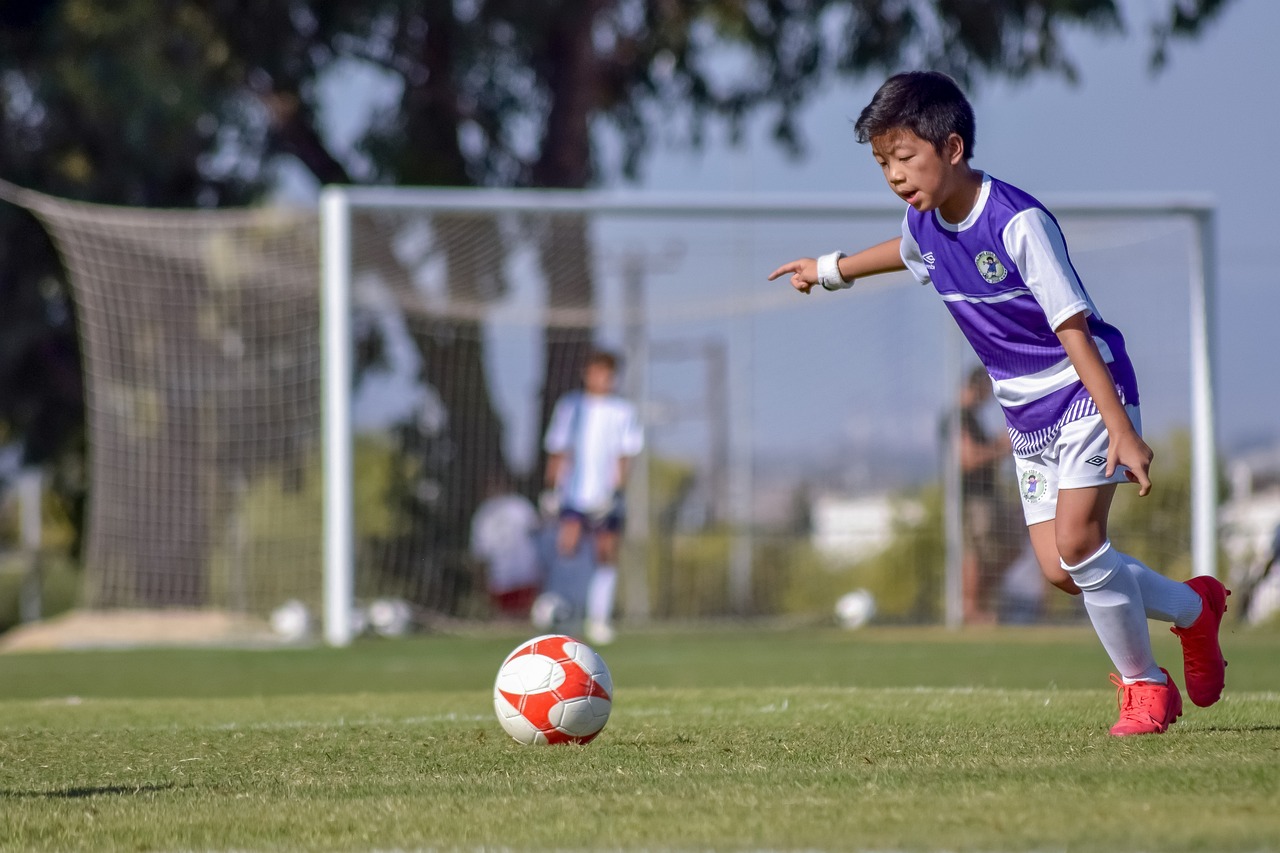Why Is There Additional Time In Soccer?
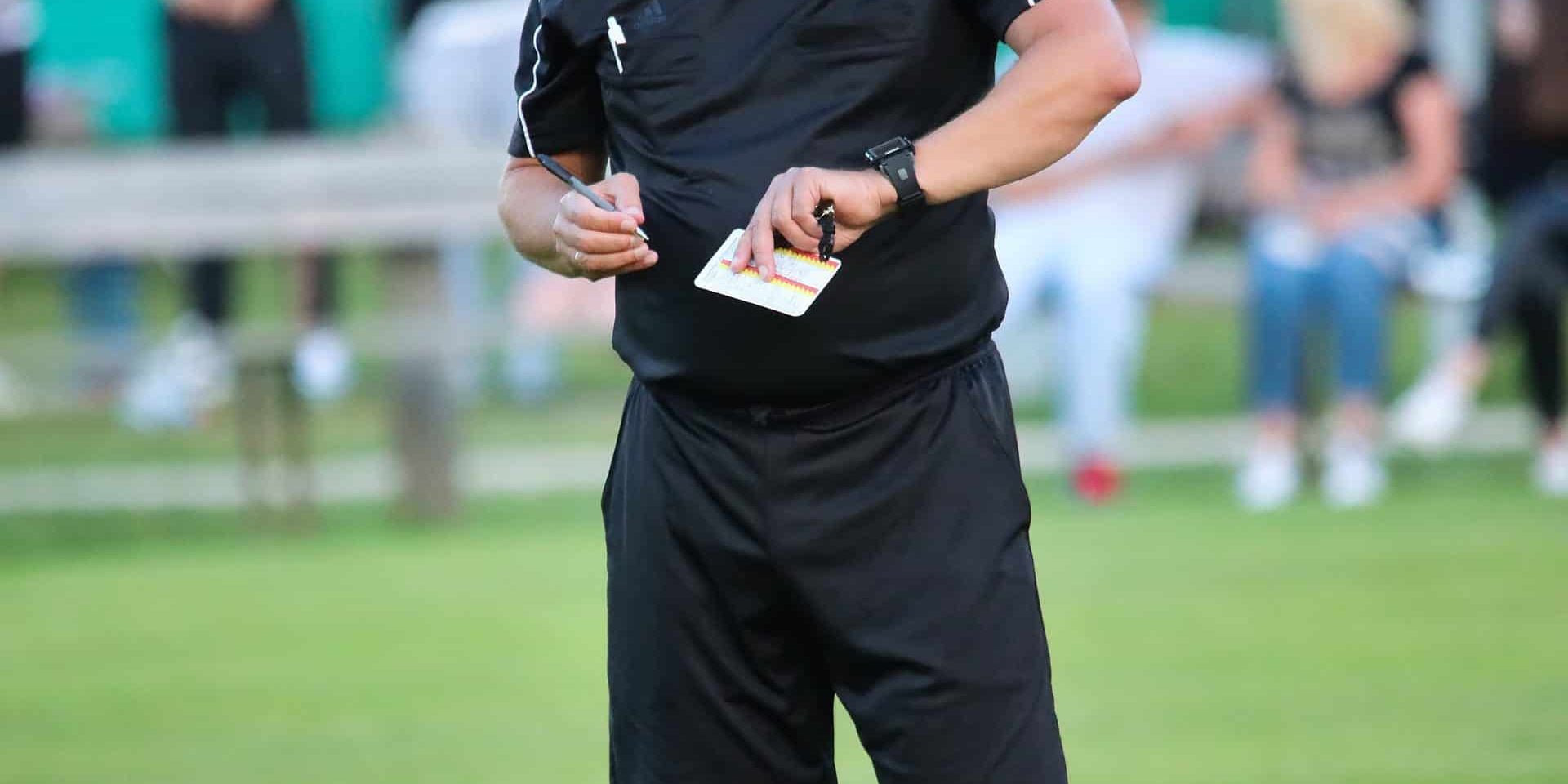
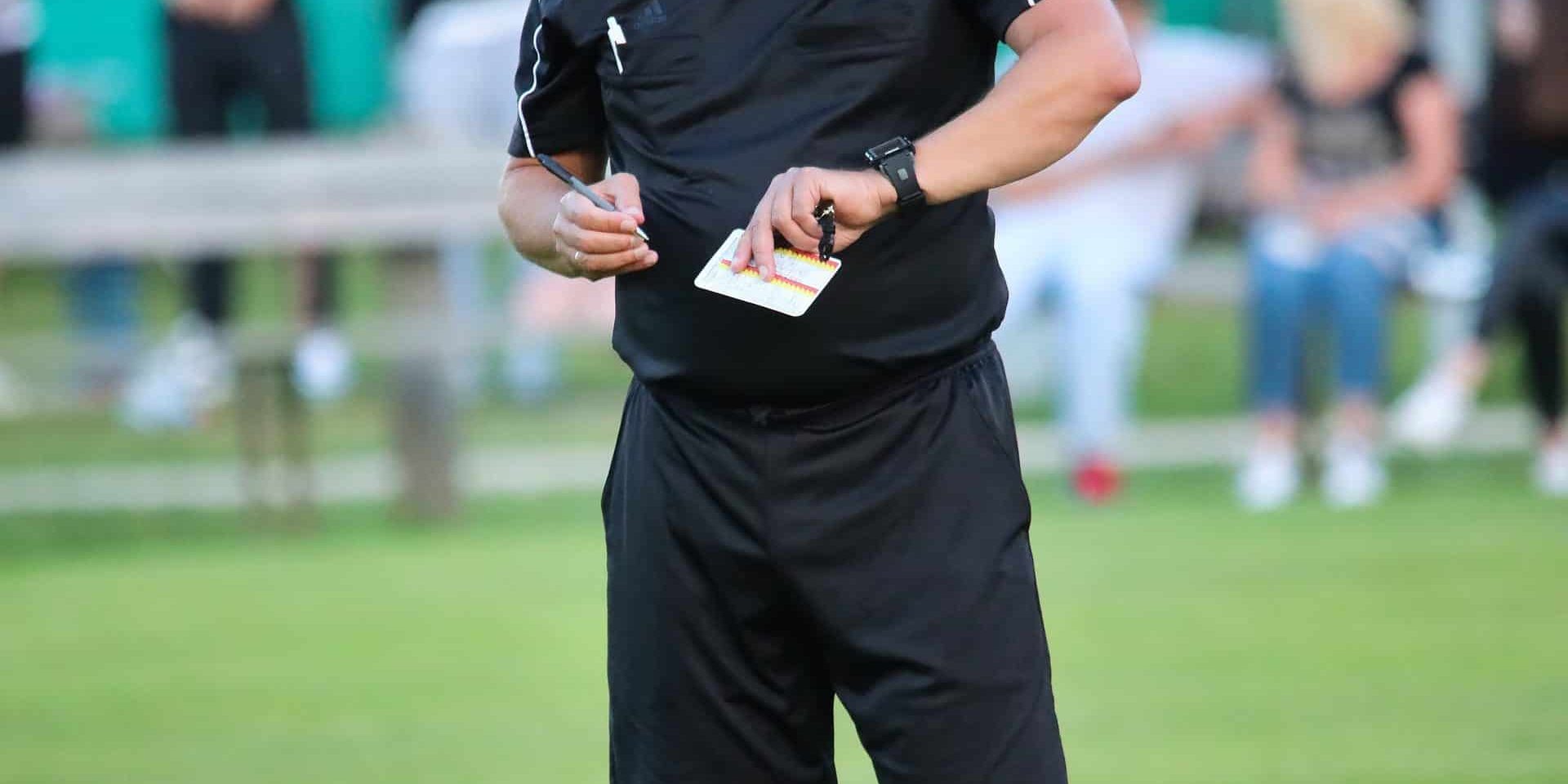
Table of Contents
Why is there additional time in soccer? In soccer, there is additional time, also known as stoppage time, added to the end of each half of the match. This extra time is added by the referee to compensate for any time lost during the half due to player injuries, substitutions, or other factors that may have caused delays in play.
The referee has the discretion to determine how much stoppage time to add at the end of each half, based on the amount of time lost during the half. The fourth official on the sidelines displays the amount of stoppage time to the players and coaches on a board.
The purpose of stoppage time is to ensure that both teams have an equal opportunity to play for the full 45 minutes of each half. Without stoppage time, one team could benefit from excessive delays or time-wasting tactics, which would be unfair to the opposing team.
Who decides extra time in soccer?
The decision to add extra time in soccer is made by the referee. The referee has the authority to add time to each half of the match to compensate for any time lost during the half due to an injured player, substitutions, or other factors that may have caused delays in play.
The referee determines the amount of stoppage time to be added based on their judgment of how much time was lost during the half. The fourth official on the sidelines displays the amount of stoppage time to the players and coaches on a board, and the timekeeper keeps track of the added time.
It’s important to note that the amount of stoppage time added to each half is at the discretion of the referee and may vary from match to match. The decision to add stoppage time is made to ensure that both teams have an equal opportunity to play for the full 45 minutes of each half, despite any delays or interruptions that may occur during the match.
When did extra time in football start?
Extra time in football, also known as stoppage time or injury time, has been a part of soccer games for many decades. However, the exact date when it was first introduced is not known.
The practice of adding extra time to a match was likely adopted in response to delays and interruptions that may occur during the game. These delays could be caused by factors such as a goal celebration, injuries, substitutions, or time-wasting tactics.
In the early days of football, the amount of extra time added was often left to the discretion of the referee, with no standard rules in place. However, as the game became more organized and structured, standard soccer rules for extra time were developed.
Today, extra time is a standard part of football matches and is used in many competitions around the world. The amount of time added is determined by the referee and is typically based on the amount of time lost during the half due to delays or interruptions.
How do referees decide extra time?
Referees decide the amount of extra time, also known as stoppage time or injury time, to be added at the end of each half of a football match. The decision is based on the amount of time lost during the half due to injuries, substitutions, and other factors that may have caused delays in play, such as a slow goal kick, corner kick or penalty kick.
The referee keeps track of the time lost during the half, usually with the help of the fourth official on the sidelines. The match official may also consult with the assistant referees or other officials to determine the amount of stoppage time to be added.
Once the decision has been made, the fourth official displays the amount of stoppage time to the players and coaches on a board. The timekeeper keeps track of the added time, and the match continues until the added time has elapsed.
It’s important to note that the amount of stoppage time added is at the discretion of the referee and may vary from match to match. The decision to add stoppage time is made to ensure that both teams have an equal opportunity to play for the full duration of each 45 minute half, despite any delays or interruptions that may occur during the match.
Why don’t they just stop the clock in soccer?
Unlike some other sports, soccer does not have a clock that is stopped during play. The clock in soccer runs continuously throughout the match, and the only stoppages in play occur during injury time, when the referee adds extra time at the end of each half.
One reason for not stopping the clock in soccer is to maintain the flow and pace of the game. The continuous play allows for a more dynamic and unpredictable game, with fewer breaks in play that can disrupt the momentum of the game.
Additionally, stopping the clock in soccer could lead to strategic time-wasting tactics by teams that are ahead in the score. These teams could deliberately slow down the game and run down the clock to their advantage, which would detract from the fair and competitive nature of the game.
Instead, the use of injury time, or stoppage time, allows for any time lost during the game to be compensated for at the end of each half. This ensures that both teams have an equal opportunity to play for the full duration of each half, despite any delays or interruptions that may occur during the match.
What is the longest additional time in football?
The longest additional time or stoppage time in a football match varies depending on the competition and circumstances of the match. Here are a few examples:
The longest recorded football match in history, played between English clubs Stockport County and Doncaster Rovers in 1946, lasted for a total of 203 minutes.
In a recent match between Gaza clubs Shabab Khanyounis and Ittihad Khanyounis, a referee added 42 minutes of extra time due to a delay caused by the lighting on the field not being activated.
In the English Premier League, the longest recorded additional time was 12 minutes and 58 seconds, awarded during a match between Arsenal and West Ham United in 2013. The second-longest was 10 minutes and 13 seconds, awarded during a match between Tottenham and Stoke in 2008.
It’s important to note that the amount of added time in a football match is determined by the referee, and can vary depending on factors such as injuries, substitutions, time-wasting tactics, and other delays that may occur during the match.
What’s the longest soccer game ever?
The longest football match in recorded history was played on March 30, 1946, between Stockport County and Doncaster Rovers at Edgeley Park. The match lasted for 3 hours and 23 minutes, including extra time. The game was played in the English third tier and ended in a 4-4 draw.
It’s important to note that there have been other marathon football matches, some lasting over 5 hours, but they have not been officially recognized as they were either charity events or amateur matches that did not follow standard football regulations.
Has Golden Goal ever been used?
The Golden Goal rule has been used in the past in soccer, but it has since been abolished.
The Golden Goal rule was introduced in the 1990s as a way to encourage more attacking play and to avoid matches being decided by penalty shootouts. Under this rule, if a goal was scored in extra time during knockout matches, the match would immediately end and the team that scored the goal would be declared the winner.
The rule was first used in a major international tournament at the 1996 European Championships in England. The final between Germany and the Czech Republic was decided by a Golden Goal, with Oliver Bierhoff scoring the winning goal for Germany.
However, the rule was met with mixed reactions and was eventually abolished by FIFA in 2004. This was due to concerns that the rule put too much pressure on teams to score and could result in overly defensive tactics during extra time.
Since then, matches that are tied after extra time are usually decided by a penalty shootout.
Why is there additional time in soccer? – Key Takeaways
In conclusion, additional time is added to soccer matches to make up for time lost due to various stoppages in play. The stoppages can be due to injuries, substitutions, time-wasting tactics, or any other unforeseen circumstances. The primary purpose of the added time is to ensure that the game is played for the full 90 minute regulation time, or more if there is extra time, as required by the Laws of the Game.
Key Takeaways:
- Additional time is added to soccer matches to make up for time lost due to various stoppages in play.
- The stoppages can be due to injuries, substitutions, time-wasting tactics, or any other unforeseen circumstances.
- The primary purpose of the added time is to ensure that the game is played for the full 90 minutes, or more if there is extra time, as required by the Laws of the Game.
It is important to note that the amount of additional time is at the discretion of the referee, who takes into account the nature and duration of the stoppages. The referee indicates the amount of added time by holding up an electronic board or indicating with hand gestures. The added time can be a few minutes or more depending on the circumstances. In summary, additional time is an essential part of soccer that ensures fairness and the proper playing of the game.
Why is there additional time in soccer? – FAQs
What is additional time in soccer?
Additional time, also known as stoppage time or injury time, is added to the end of each half of a soccer match to make up for time lost due to delays or stoppages during the game.
Why is additional time necessary in soccer?
Soccer is a fluid game with frequent interruptions such as injuries, substitutions, and time-wasting tactics employed by teams. The addition of stoppage time allows the referee to account for these delays and ensure that each half lasts a fair amount of time.
Who decides how much additional time is added?
The referee is responsible for determining how much additional time should be added at the end of each half. The amount of additional time is usually based on how much time has been lost during the game due to stoppages.
How is additional time signaled to the players and fans?
The referee indicates the amount of additional time to be played by holding up a signboard or using hand signals to communicate with the fourth official on the sidelines. The amount of additional time is also displayed on the scoreboard.
Can additional time be extended beyond what the referee originally signaled?
Yes, if there is a significant delay during stoppage time (such as an injury requiring medical attention), the referee may add more time to make up for the lost time.
Why was there such long stoppage time at the 2022 FIFA World Cup?
According to FIFA Referee Committee chairman Pierluigi Collina, the reason for the long stoppage time was due to the introduction of the Video Assistant Referee (VAR) system to the competition rules, which was being used for the first time in a World Cup match. The VAR system allows referees to review incidents that might have been missed or interpreted incorrectly during a match, leading to longer stoppages in play.
How much extra time was been added in the 2022 Qatar World Cup matches?
In some matches, the amount of added time was higher than usual, with some matches having up to 14 minutes of added time in the first half. However, the amount of added time is determined by the referee based on the amount of time lost due to stoppages in play, injuries, and other factors.
Why do they call it Fergie Time?
“Fergie Time” is a term that refers to the alleged tendency for Manchester United, a professional football team in the English Premier League, to be awarded more stoppage time than other teams, particularly when they are losing or drawing in a close match. The term is named after Sir Alex Ferguson, a former manager of Manchester United who was known for his passionate and sometimes controversial behavior on the sidelines. The term “Fergie Time” dates back to a game in the very first Premier League season in 1992/1993. However, the phenomenon of Fergie Time can also be applied to other teams besides Manchester United, and the term has become more widely used to refer to late goals scored by any team in injury time.



